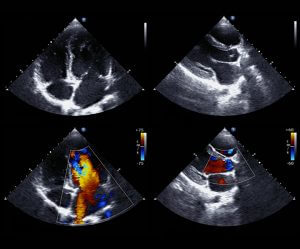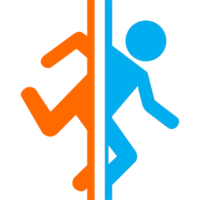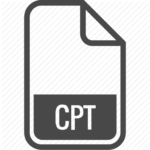Echocardiogram
An echocardiogram uses sound waves to produce images of the heart. This common test allows your doctor to see the complicated dance that is your heart in motion – ventricles squeezing and relaxing, and valves opening and closing in rhythm with your heartbeat. Your doctor can use these images to identify various abnormalities in the heart muscle and valves.
Be Prepared
How do You Prepare for the Echocardiogram?
You don’t have to do anything special. You can eat and drink before the test like you usually would. Your doctor may suggest an echocardiogram if he or she suspects problems with the valves or chambers of your heart or your heart’s ability to pump. During an echocardiogram the technologist will attach sticky patches (electrodes) to your body to help detect and conduct the electrical currents of your heart.
During the Echocardiogram
What Happens During the Echocardiogram?
Trained technicians do the echo tests. You may have your test done in your doctor’s office, an emergency room, an operating room, an emergency clinic facility or a medical clinic room. The test takes about an hour.
- You lie on a table and a technician places small metal disks on your chest. The disks have wires that hook to an electrocardiograph machine. An electrocardiogram monitors your pulse during your test.
- The room is dark so your specialist can better see the video screen.
- Your specialist puts gel on your chest to help sound waves go through your skin.
- Your professional may request that you move or hold your breath quickly to show signs of improvement pictures.
- The test (transducer) is passed over your chest. The test produces sound waves that skip off your heart and “echo” back to the test.
- The sound waves are changed into pictures and shown on a video screen. The photos on the video screen are recorded so your PCP can take a gander at them later.
We Will Take Care of The Rest!
What About the Results?
A radiologist will review your exam images and report the findings to your doctor within 24 hours. Your doctor will then discuss the findings and the next steps with you.





